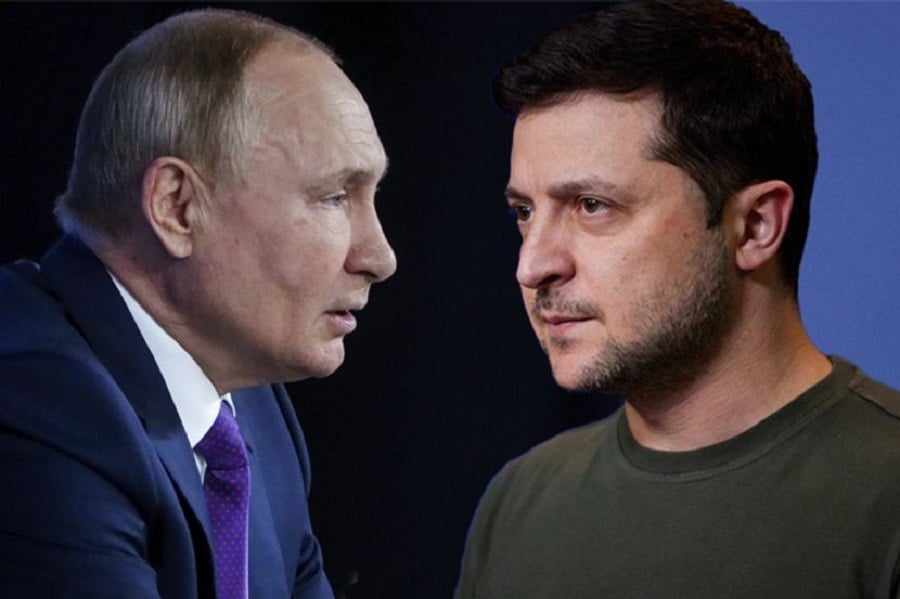The fact that Putin did not personally travel to Istanbul to negotiate with Zelensky (which, in my view, was quite expected), nor sent his foreign minister Lavrov, but instead delegated his aide—the so-called “propagandist of the Russian world” Vladimir Medinsky—predetermined the outcome of the Istanbul talks from the outset.
At this stage, the Russian president is not inclined toward a ceasefire. Of course, anything can be said rhetorically—such as the claim that the “root causes” of the conflict must be addressed. According to the Russian side, the primary “root cause” is Ukraine’s aspiration to join NATO. But in reality, this issue is largely irrelevant now. No one in NATO is actively inviting Ukraine to join.
In truth, Putin is not waiting for Zelensky’s response but for Donald Trump’s. Specifically, he is hoping for the lifting of sanctions against Russia and the official recognition of Crimea as part of Russian territory. If these two conditions are met, I believe Russia would not place serious obstacles in the way of a ceasefire—especially since not only the United States but also China and Turkey support ending hostilities.
The positions of the U.S. and Turkey also carry weight for Zelensky (China’s stance, not as much). At the same time, the Ukrainian president knows that once peace is established, he is unlikely to remain in power—unless, of course, he manages to restore Ukraine’s 1991 borders. Ukrainian society is not like ours; it will not tolerate a defeated leader for years. For this reason, Zelensky too is not particularly eager for a ceasefire at the moment, though one could still be imposed on him.
Read also
Europe, unlike the U.S. and China, appears more willing for the war to continue for a while. Some European officials even suggest—sometimes publicly—that a ceasefire on the Russia-Ukraine front would allow Moscow to regroup and prepare to strike other European countries. According to this logic, prolonging the war would give the EU time to build up its own capable military force to counter future Russian aggression.
Still, considering the interests of all parties and the evolving balance of power, the momentum seems to be gradually shifting toward peace. That said, this waiting period may continue for several more months.
Aram ABRAHAMYAN























































